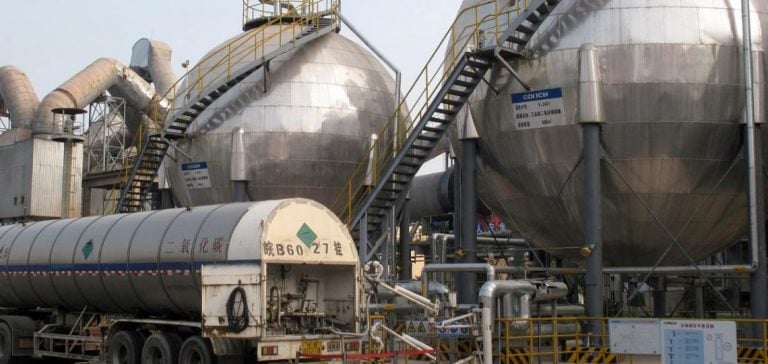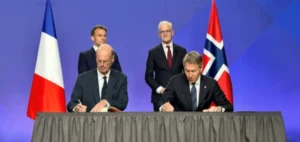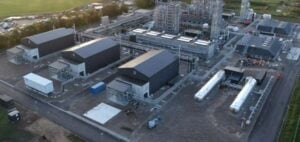Industrial carbon capture and storage (CCS) projects have been experiencing rapid growth since 2017. In 2024, the total number of projects reached 628 worldwide, according to a report published by the Global CCS Institute. This increase reflects a heightened commitment from industries and governments to mitigate climate change.
As of July 24, 2024, among these projects, 50 were operational, 44 under construction, and 534 in development, marking a 60% increase over the past year. This progress highlights the growing importance of CCS in global decarbonization strategies.
Expansion and Capture Capacity
CCS projects represent a cumulative capture capacity of 416 million tonnes of CO₂ per year. This capacity has significantly increased over the past seven years, demonstrating the rapid evolution of this sector. Since the publication of the 2023 report, 237 new projects have been added, further strengthening the global CCS network.
The Global CCS Institute emphasizes that the industry is maturing due to international collaboration and sustained political support. Jarad Daniels, the Institute’s director, commented that “the CCS industry is maturing and evolving rapidly, catalyzed by global collaboration, sustained political support from governments, and industry action based on decades of experience sharing.”
Operation and Application Sectors
Carbon capture and storage involves capturing CO₂ emissions from the outputs of factories, such as power plants, cement factories, and blast furnaces, before they are released into the atmosphere. CO₂, the main greenhouse gas responsible for climate change, is then injected deep into geological reservoirs or, in some cases, reused.
To date, 79 capture facilities are either operational or under construction across various sectors, including bioenergy/ethanol, cement and concrete, chemicals, hydrogen/ammonia/fertilizers, iron and steel, natural gas/LNG, oil refining, and electricity and heat generation from gas and coal, as well as waste management.
Regional Impact and Future Perspectives
According to the Global CCS Institute, CCS has gained significant importance in Europe and the United Kingdom, where 191 commercial projects are underway, with 5 currently operational. This momentum is primarily driven by public decarbonization policies implemented by the European Union.
Currently, operational facilities show a capture and storage capacity of 51 million tonnes of CO₂ per year, according to the International Energy Agency (IEA) as of March 2024. This represents about 0.1% of global annual emissions. However, the IEA estimates that this figure should reach over 100 million tonnes per year once construction projects become operational.
Goals and Challenges for Carbon Neutrality
Although this growth is encouraging, it remains insufficient to meet carbon neutrality targets set for 2050. To limit global warming to 1.5°C compared to pre-industrial levels, CCS must prevent at least 1 billion tonnes of CO₂ emissions per year by 2030, according to the IEA. This requires rapid and massive expansion of CCS projects globally.





















